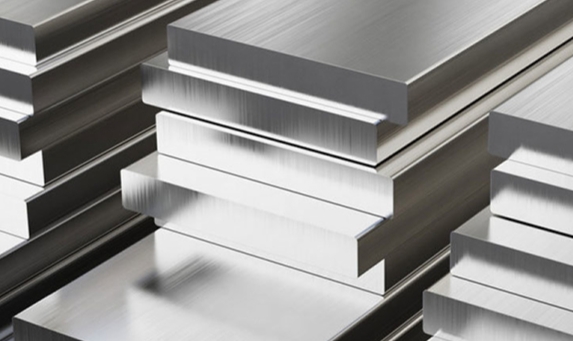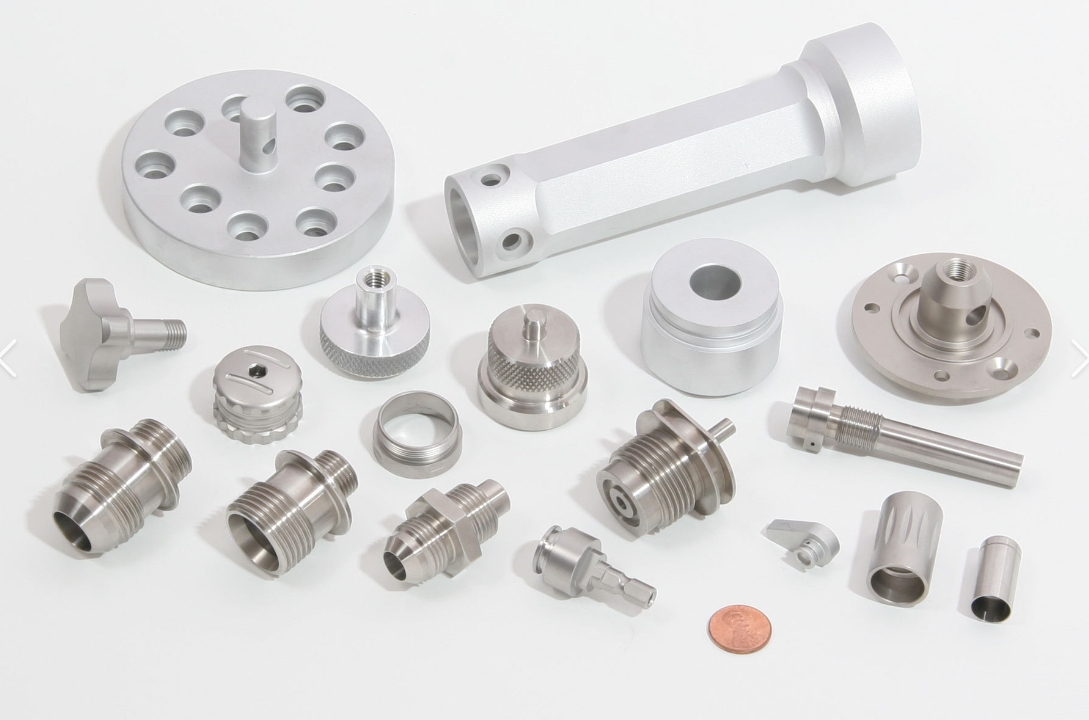7075 Aluminium Alloy (AL7075) is a high-strength, heat-treated aluminum alloy primarily used in aerospace, military, and high-stress structural applications. It contains zinc as its principal alloying element, along with smaller amounts of magnesium and copper. The result is an alloy that is known for its superior strength-to-weight ratio and excellent mechanical properties.
5052 Aluminum (5052 Aluminum Alloy), on the other hand, is a non-heat treatable, marine-grade aluminum alloy that contains magnesium as its main alloying element. While not as strong as AL7075, it has excellent corrosion resistance and is widely used in marine, architectural, and automotive applications.

One of the key differences between 7075 material and 5052 aluminum is their strength. 7075 aluminium is widely regarded as one of the strongest aluminum alloys available. It offers exceptional tensile strength, typically ranging from 570 to 700 MPa, which makes it ideal for high-performance applications where strength is critical. This is one of the primary reasons why 7075 aluminium alloy is frequently used in the aerospace industry.
In contrast, 5052 aluminum properties offer moderate strength, with a tensile strength of around 210 to 230 MPa. While it doesn’t match the strength of 7075 aluminium, it’s more than sufficient for applications that don’t require extreme strength. It is highly valued for its excellent fatigue and corrosion resistance, especially in environments exposed to saltwater or chemicals.
Corrosion resistance is another important factor when choosing between these two alloys. 5052 aluminum is known for its superior corrosion resistance, particularly in marine environments where exposure to saltwater is a concern. Its high magnesium content gives it exceptional resistance to seawater and other corrosive environments.
7075 aluminium, while still resistant to corrosion, does not perform as well in highly corrosive environments, especially in marine conditions. Its high strength comes with the trade-off of slightly reduced corrosion resistance, and it often requires additional coatings or treatments, such as anodizing, to improve its resistance to corrosion.

When it comes to workability, 5052 aluminum is generally easier to work with than 7075 aluminium alloy. The latter is a heat-treated material, which means it’s harder and less malleable, making it more difficult to machine or shape. This can add complexity and cost to projects involving 7075 material, especially when intricate shapes or tight tolerances are required.
On the other hand, 5052 aluminum is easier to form, weld, and machine. It is also more versatile when it comes to applications that involve forming or bending, which is why it’s a popular choice in industries like the automotive and marine sectors, where customization and fabrication are essential.
Choose 7075 material if you need high strength, toughness, and are working in demanding environments such as aerospace, defense, or high-performance automotive industries. However, be prepared for a higher cost and potentially more complex machining.
Opt for 5052 aluminum when corrosion resistance is crucial, and workability is more important than maximum strength. Its ability to resist corrosion makes it a great choice for marine, automotive, and architectural applications, and it’s generally easier and more affordable to work with.